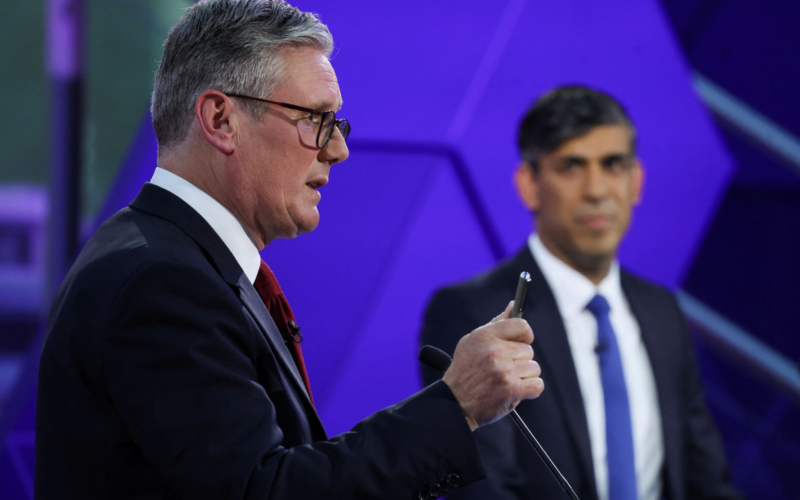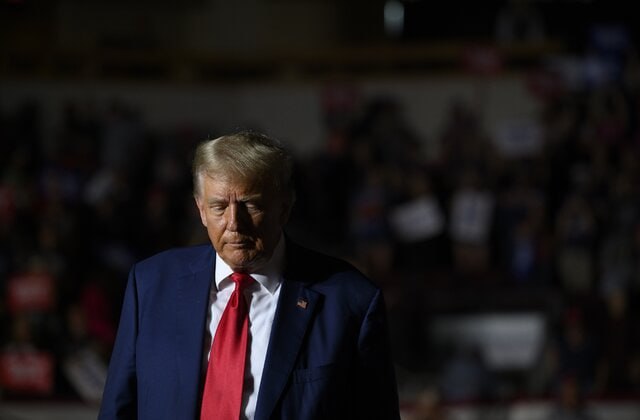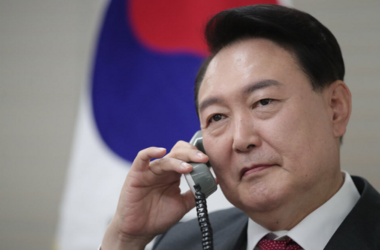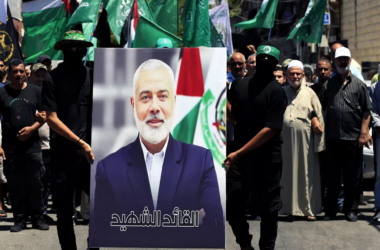In a pivotal televised debate before the upcoming general election, British Prime Minister Rishi Sunak and Labour leader Keir Starmer faced each other on June 26 in Nottingham. The event, held at Nottingham Trent University and moderated by BBC’s Mishal Husain, saw the two leaders clash over a range of issues from healthcare and immigration to political ethics, amidst the backdrop of noisy pro-Palestinian protests outside the venue.
Key Debate Points
Immigration and Public Sentiment
Sunak and Starmer exchanged sharp critiques, with Sunak accusing his opponent of “taking people for fools” regarding Labour’s immigration policies. Starmer countered by portraying Sunak as “out of touch” with ordinary Britons due to his immense wealth. The debate underscored the stark ideological divide between the Conservative and Labour positions on immigration and social policies.
Health and Public Services
Starmer emphasized the need to “turn the page” on over a decade of Conservative rule marked by austerity and internal conflict, advocating for reforms in public services. Sunak, on the other hand, warned against what he termed a “surrender” to Labour policies, framing the election as a critical juncture for maintaining control over borders and taxation.
Political Scandals
Both leaders were pressed on recent controversies involving election date betting. Starmer condemned the scandal and vowed to “reset politics,” while Sunak reiterated his commitment to integrity and promised strict action against any rule-breaking within his party.
Audience Reaction
The debate was momentarily disrupted by loud protests from outside the venue, highlighting public unrest over various issues. Although the protest did not directly enter the debate’s discourse, it added to the evening’s tense atmosphere. Both leaders navigated tough questions from the audience, including a pointed query about their suitability as the country’s best leadership options, which received notable applause.
Polls and Public Opinion
A snap YouGov poll conducted after the debate suggested no clear winner, with both Sunak and Starmer receiving equal support at 50 percent. This outcome reflects a divided electorate ahead of the crucial July 4 polls.
Election Context
Sunak’s campaign has struggled since its rainy launch in May, compounded by recent criticisms of his absence from the main D-Day anniversary event and lingering scandals from the previous Conservative leadership. The party faces competition not only from Labour but also from the right-wing Reform UK party, led by Nigel Farage, which is gaining traction.
With British voters set to elect 650 MPs, the party that secures a majority in the House of Commons will lead the country. The final debate in Nottingham underscored the high stakes and intense rivalry as the nation approaches decision day.








